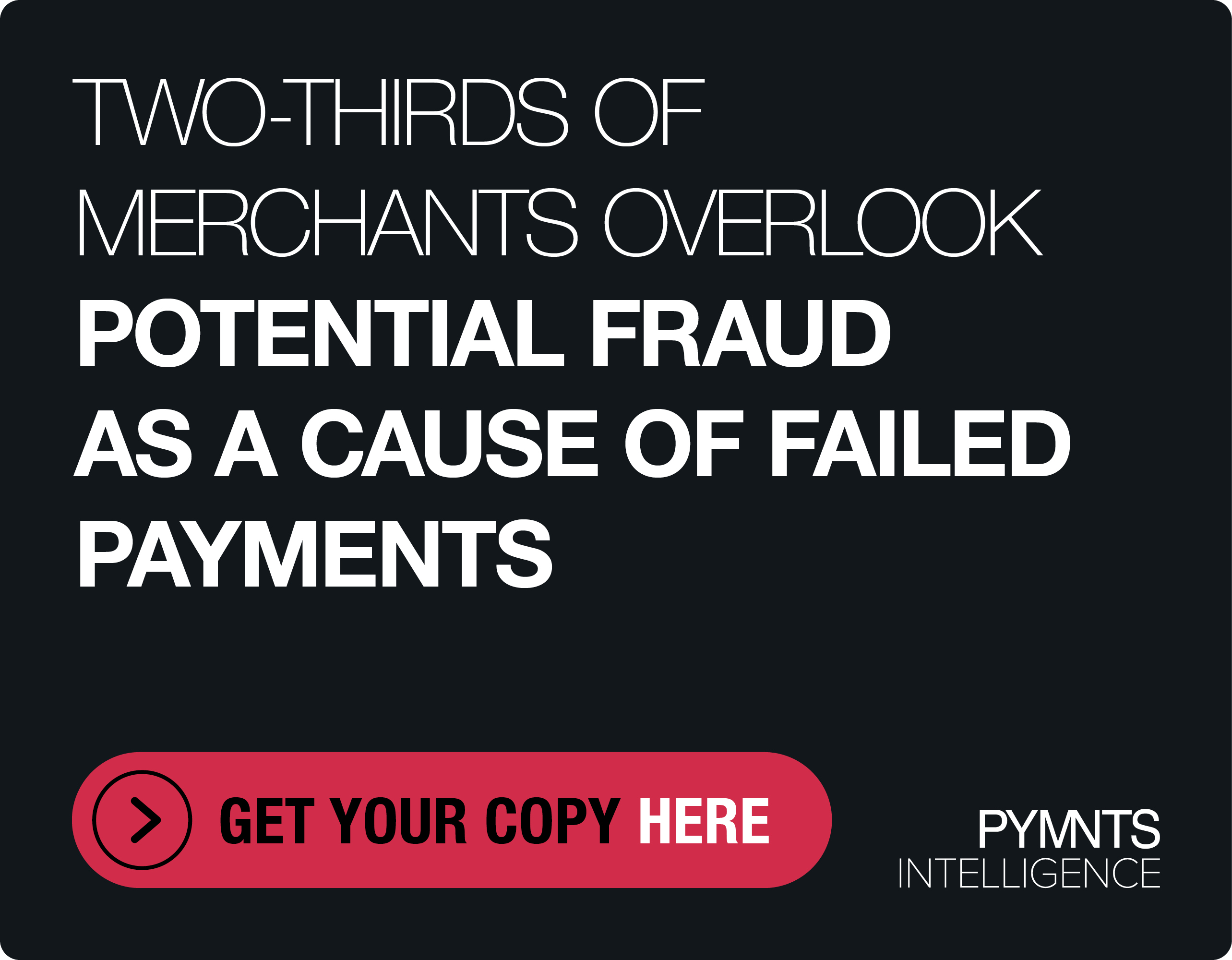Purple Carrot: Focus On Waste Is No Waste Of Time (Or Money)

Meal kits are a crowded vertical, so the brands behind these convenient dinner solutions must find ways to stand out. It’s not enough to offer the convenience of a subscription, even one with lots of customizable options, since that’s what every meal kit-maker is doing. Nor is a presence on grocery store shelves the answer for every brand, although it has been a valuable channel for certain meal kit companies that already have a following to expand into new audiences.
For Purple Carrot (a small, Massachusetts-headquartered, plant-based meal-kit company), differentiation lies in packaging.
Purple Carrot Founder and CEO Andy Levitt told PYMNTS that the brand — its core value proposition to leverage plant-based meals to help subscribers reduce their carbon footprints — has some intellectual stake in the concept of more environmentally-friendly packaging, but going fully curbside recyclable was also a strategic business move.
“Packaging has been a consistent pain point within the meal-kit industry as a whole and, given the urgency of addressing the significant environmental issues the planet is facing today, it has been a vital problem that calls for action,” Levitt said. “More and more motivated consumers are taking a closer look at what they can do to make positive changes to the environment.”
Levitt believes that eating a plant-based diet is one of those things, and purchasing products with sustainable packaging is another. He said bringing the two together will hopefully give consumers an easy choice when they look at the menu of meal-kit options available to them in today’s market.
A Focus On Waste Is No Waste Of Time (Or Money)
As with most things, the less effort or friction something creates with users, the likelier it is to stick. Levitt said that’s why Purple Carrot went the extra mile to make its packaging not just recyclable, but curbside recyclable.
This is significant because, while elements of meal-kit packaging may technically be recyclable, they often are not practically so, requiring extra effort from customers to break them down or deliver them to a special facility for processing. Despite consumers’ best intentions, this sustainable practice is not a sustainable lifestyle choice, whereas curbside recyclable packaging not only reduces the customer’s carbon footprint, but reduces the negative footprint of the brand on the customer’s life.
Levitt noted that other major meal-kit players, like Sun Basket and Green Chef, have made a similar shift toward environmentally-friendlier packaging. Though that is always laudable, said Levitt, he hopes the brand harmony between this packaging decision, and Purple Carrot’s core value proposition of helping subscribers lower their carbon footprints, will give it an extra edge among customers who are on the fence about which meal-kit option to choose.
Levitt said Purple Carrot made the strategic decision to improve its packaging and absorb any additional costs rather than passing them on to the customer.
“It is the right thing to do for our company and the people who depend on us to help them make a positive impact,” he said.
The additional capital output needed to make this change may, in fact, translate to additional revenue for the company, if the public begins to recognize it as fulfilling their growing appetite for brands that are authentic and support a cause they believe in.
The Future Of Meal Kits
In the next few years, Levitt predicts that the meal-kit world will go the way of the tech world before it. There will be plenty of mergers, acquisitions and acqui-hires as big players snap up small, innovative brands (and their followings) to leverage their talent and reach.
Meal kits are big now, but Levitt also predicts there is still plenty of room for the category to grow. For instance, he said, while it’s easy to imagine that one could find a meal kit at the local grocery store, this is not always the case — it’s still relatively early for the grocery store channel to develop. He said it’s premature to assume that meal kits must have a presence at brick-and-mortar grocery stores to succeed. For now, grocers are still focused on finding their space within eCommerce in general, so most are not yet dedicating energy or consumer awareness dollars to making meal kits a strategy at the store level.
He predicts that 2019 will be a key year for meal kits, and that’s when it will become more critical for kits to establish an in-store presence as the lines begin to blur between online and offline shopping.
Until then, “it’s important for players who enter the space to find a particular niche that hasn’t been filled,” Levitt said. “When I first started Purple Carrot in October 2014, there was no plant-based offering on the market. Our approach was to create ‘vegan food for non-vegans,’ and that allowed us to create a brand, stand for something different and establish a spot among the premier brands in the category.”
The recent move toward sustainable packaging, he said, is a natural extension of that original vision.
